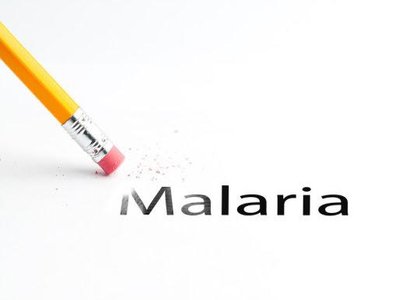- Home
- Editorial
- News
- Practice Guidelines
- Anesthesiology Guidelines
- Cancer Guidelines
- Cardiac Sciences Guidelines
- Critical Care Guidelines
- Dentistry Guidelines
- Dermatology Guidelines
- Diabetes and Endo Guidelines
- Diagnostics Guidelines
- ENT Guidelines
- Featured Practice Guidelines
- Gastroenterology Guidelines
- Geriatrics Guidelines
- Medicine Guidelines
- Nephrology Guidelines
- Neurosciences Guidelines
- Obs and Gynae Guidelines
- Ophthalmology Guidelines
- Orthopaedics Guidelines
- Paediatrics Guidelines
- Psychiatry Guidelines
- Pulmonology Guidelines
- Radiology Guidelines
- Surgery Guidelines
- Urology Guidelines
50% of kids surviving cerebral malaria have cognitive impairment at 1-year of age

One-half of the child, Cerebral malaria survivors have cognitive impairment and brain function disorder at 1-year. In a new study, the authors found that about one-half of survivors of CM were neurodevelopmentally impaired at the 1-year assessment. The study has been published in Pediatrics.
Cerebral malaria (CM) causes significant mortality and morbidity in sub-Saharan African children. Reliable morbidity estimates are scarce because of methodological variability across studies. A lot of progress has been made in tackling malaria however there are still over 207 million cases worldwide, the majority in children. As survival rates improve, numbers of children with long-term neurodisabling sequelae are likely to increase. Most outcome studies in cerebral malaria (CM) have focused only on body function and structure and less on outcomes within the broader framework of the International Classification of Functioning and Disability (ICF)
John Langfitt at University of Rochester and associates have conducted a study to find incidence, course, and severity of neurodevelopmental impairments in survivors of Cerebral malaria, CM. The associated patient characteristics shall help inform epidemiologic estimates of malaria morbidity rates and prevention and treatment efforts to concerned stakeholders.
The researchers conducted an exposure-control study of 85 survivors of CM and 100 age-matched patients in a control group who were enrolled at hospital discharge and assessed after 1, 6, and 12 months using caregiver interviews and standardized developmental, cognitive, and behavioural measures.
The investigators found that developmental or cognitive impairment (<10th percentile of the control distribution) and/or new onset of caregiver-reported behaviour problems occurred in 53% of case-patients compared with 20% of the patients in the control group. In case of patients, developmental or cognitive impairment at the 12-month assessment was associated with HIV-positive status and short stature at presentation, more prolonged fever and coma during admission, and severe atrophy or multifocal abnormalities being found on MRI at the 1-month assessment.
The authors concluded that one-half of survivors of CM were neurodevelopmentally impaired at the 1-year assessment. With these results, the authors support prevention trials of acute, neuroprotective interventions and the allocation of resources to evaluation, education, and rehabilitation efforts to reduce the significant long-term burden of CM-associated impairments on families and their communities.
For further reference :
DOI: 10.1542/peds.2018-1026

Disclaimer: This site is primarily intended for healthcare professionals. Any content/information on this website does not replace the advice of medical and/or health professionals and should not be construed as medical/diagnostic advice/endorsement or prescription. Use of this site is subject to our terms of use, privacy policy, advertisement policy. © 2020 Minerva Medical Treatment Pvt Ltd